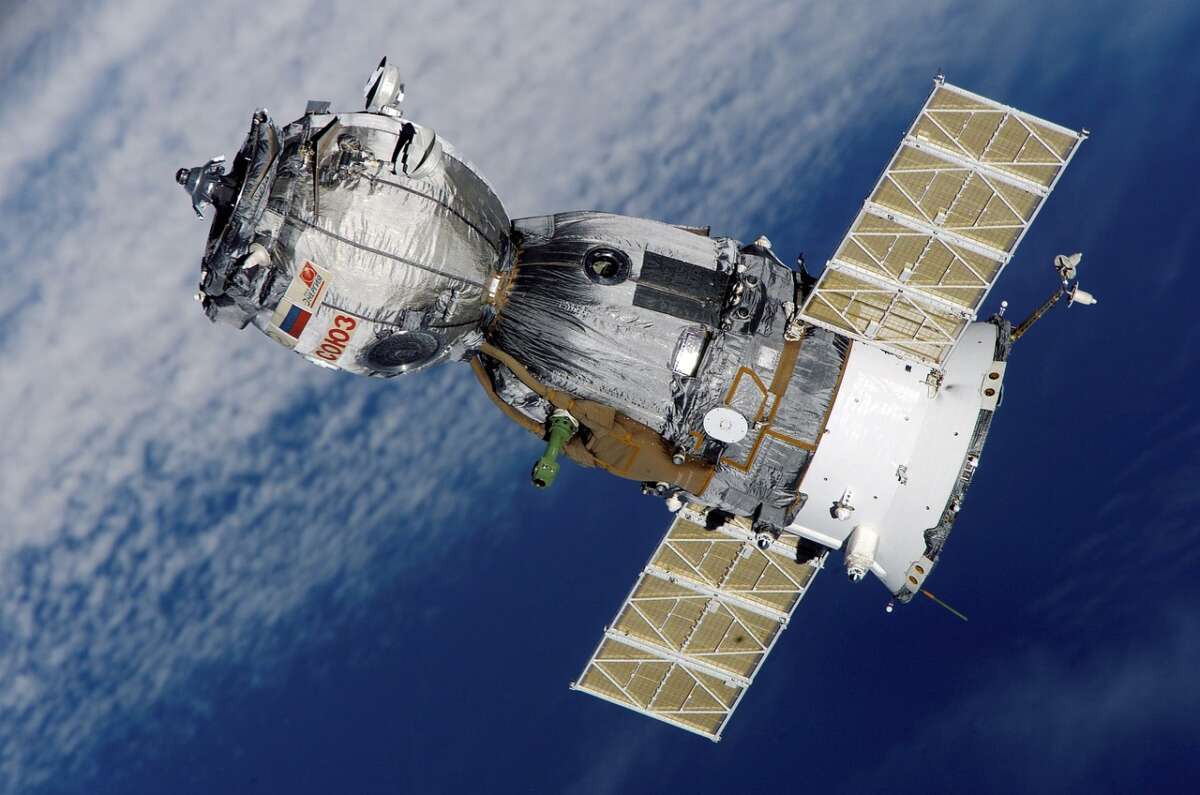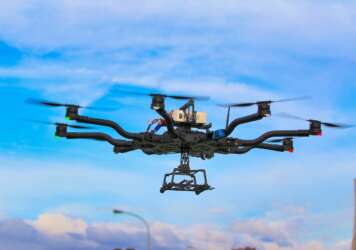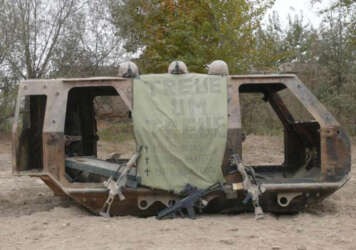The importance of satellites for modern warfare
Satellites are of immense importance to modern warfare. They enable forces to effectively monitor airspace and terrain, facilitate communications and navigation, and conduct targeted attacks on targets. Satellites are playing an increasingly important role in modern conflicts as technological advances in satellite technology allow military forces to gather and analyze information more quickly and accurately.
Airspace surveillance is critical for any army. Satellites can be used to collect and process information on the movements of aircraft, drones and missiles in real time. This information enables forces to respond quickly to threats and conduct targeted attacks before enemy forces can cause damage. Satellites can also help improve surveillance of ground and naval forces by making it possible to track and analyze movements of troops and ships in real time.
Communication is another important aspect of modern warfare, and satellites play a crucial role here. Satellites enable forces to communicate in any environment and terrain, including remote areas where traditional communications are not available. Satellite communications enable forces to quickly and effectively share information to make decisions and coordinate tactical plans.
Navigation is also an important factor in modern warfare. Satellite-based navigation systems such as GPS enable forces to pinpoint their position and navigate quickly and effectively through unfamiliar terrain. Accurate positioning by satellites also facilitates targeted attacks on objectives because forces know exactly where their targets are and how to reach them.
In addition to these basic functions, satellites also offer a variety of specialized applications that are critical to modern warfare. Satellites, for example, can help detect and identify enemy units because they are capable of taking thermal images to locate hostile forces. They can also be useful in monitoring nuclear weapons testing and other nuclear activities because of their ability to make radiation measurements and collect other types of data.
Given the importance of satellites to modern warfare, it is not surprising that many nations are seeking to build and expand their own satellite networks. However, there are also concerns about security and satellite dependence in modern conflicts. Because satellites are very sensitive and can be easily jammed or even destroyed, there is a risk that disruption of satellite communications could limit the ability of forces to communicate and coordinate effectively. In addition, there is a risk that hostile forces will attack and destroy satellite infrastructure to degrade the ability of forces to monitor and conduct targeted attacks.
To address these concerns, many nations are working to protect and diversify their satellite infrastructure. One way to do this is to use redundant satellite infrastructure, which allows forces to communicate and navigate effectively even in the event of a satellite failure or disruption. Another option is to develop satellites that are better protected against attack or interference.
Overall, the importance of satellites to modern warfare is undeniable. Satellites enable forces to gather, analyze, and communicate information more quickly and accurately, which is critical to making effective tactical decisions and conducting targeted attacks. While there are concerns about security and dependence on satellites, many nations are working to protect and diversify their satellite infrastructure to ensure their forces can communicate and navigate effectively in times of conflict and uncertainty.








